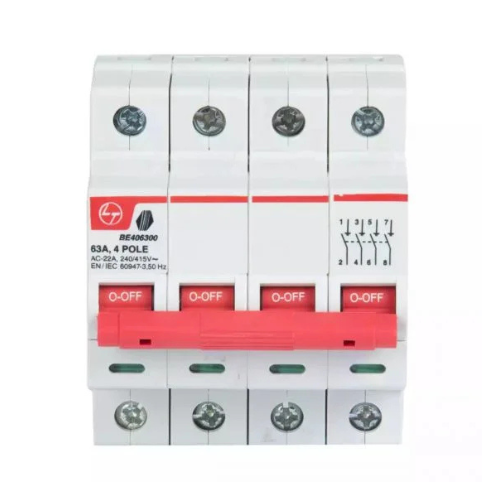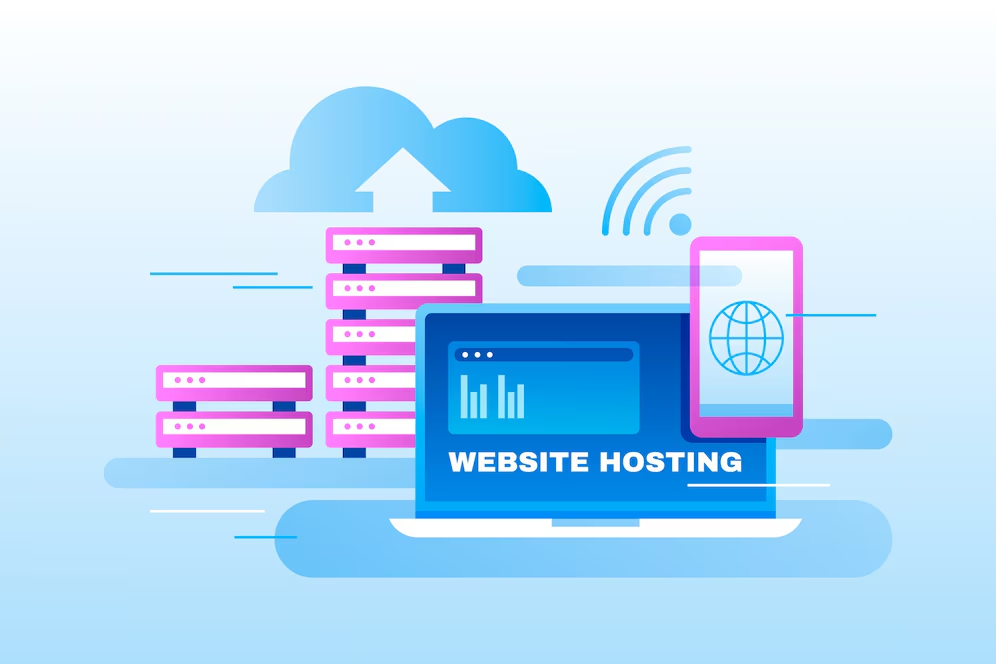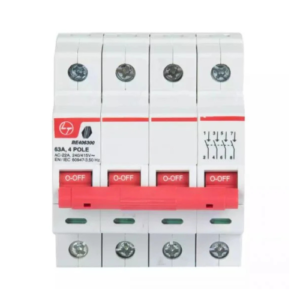Choosing the Best Flutter IDE for App Development
Flutter stands out as a powerful toolkit for developing cross-platform applications. Selecting the right Integrated Development Environment (IDE) can significantly impact your development experience. This article highlights the key factors to consider when choosing the best Flutter IDE and reviews some popular options available today.
Key Factors to Consider
When selecting a Flutter IDE, prioritize user experience, Flutter support, and robust debugging tools. Additionally, consider performance, community resources, compatibility, and available extensions to enhance your development process.
1. User Interface and Experience
An intuitive user interface plays a crucial role in the flutter app development process. A clean layout, easy navigation, and well-organized toolbars make coding more efficient. Look for IDEs that provide customizable workspaces, allowing you to arrange tools and panels according to your preferences. A user-friendly experience can reduce distractions and enhance productivity.
2. Flutter Support
Ensure the IDE has strong support for Flutter. This includes built-in features such as Flutter-specific plugins, widgets, and hot reload functionality. Hot reload allows you to see changes instantly without restarting the application, significantly speeding up the development cycle. Check if the IDE provides templates and snippets tailored for Flutter to help you get started quickly.
3. Debugging and Testing Tools
Effective debugging tools are essential for any development environment. Choose an IDE that offers robust debugging features, such as breakpoints, variable watches, and a console for error messages. Additionally, integrated testing tools allow you to run unit tests and widget tests seamlessly. These features help maintain code quality and catch issues early in the development process.
4. Performance
https://freshvoicehub.com/The performance of the IDE can influence your overall productivity. Some IDEs may run slowly or become unresponsive with larger projects. Check user reviews and performance benchmarks to determine how well an IDE handles Flutter applications, especially when dealing with complex layouts and multiple assets.
5. Community and Documentation
A strong community and comprehensive documentation can provide valuable support during development. Look for IDEs with active user forums, GitHub repositories, and a wealth of tutorials. Good documentation helps you quickly solve problems and learn new features, making your development process smoother.
6. Compatibility
Consider the operating system you use. Some IDEs work better on specific platforms, while others offer cross-platform compatibility. Ensure the IDE you choose supports your OS to avoid compatibility issues. This consideration is especially important if you work in a team where members may use different systems.
7. Extensions and Integrations
A robust ecosystem of extensions can enhance the functionality of an IDE. Check if the IDE supports plugins that integrate with other tools you use, such as version control systems, cloud services, and project management applications. These integrations can streamline your workflow and improve collaboration with your team.
8. Cost
While many IDEs offer free versions, some come with premium features that require a subscription or one-time purchase. Weigh the cost against the features you need. If a free IDE meets your requirements, it might be the best choice for your budget. However, investing in a paid IDE could save you time and effort in the long run if it offers significant advantages.
Popular Flutter IDEs
Popular Flutter IDEs include Visual Studio Code, Android Studio, IntelliJ IDEA, and Eclipse, each offering unique features to enhance your development experience.
1. Visual Studio Code
Visual Studio Code (VS Code) stands out as one of the most popular choices for Flutter development. Its lightweight nature and extensive library of extensions make it a favorite among developers.
- Pros:
- Excellent Flutter and Dart plugin support.
- Integrated terminal for running commands.
- Strong debugging capabilities.
- Active community with plenty of extensions available.
- Cons:
- May require additional configuration for optimal use.
- Lacks some advanced features found in heavier IDEs.
2. Android Studio
Android Studio serves as the official IDE for Android development and provides solid support for Flutter. It comes with a wide range of built-in features.
- Pros:
- Comprehensive tools for Android app development.
- Integrated emulator for testing applications.
- Strong debugging and profiling tools.
- Flutter-specific support through plugins.
- Cons:
- Resource-intensive, which may slow down lower-end machines.
- Steeper learning curve for newcomers.
3. IntelliJ IDEA
IntelliJ IDEA offers robust support for Flutter development, especially in its Ultimate version. It provides a rich set of features for developers looking for a powerful IDE.
- Pros:
- Advanced code analysis and refactoring tools.
- Excellent version control integration.
- Comprehensive Flutter plugin support.
- Cons:
- Can be overwhelming due to its extensive features.
- The Ultimate version requires a paid license.
4. Eclipse
Eclipse, known for its versatility, also supports Flutter development through plugins. While not as common as the other options, it can be suitable for developers familiar with the Eclipse ecosystem.
- Pros:
- Customizable workspace and numerous plugins.
- Strong community support for various programming languages.
- Cons:
- Less intuitive for Flutter-specific development compared to other IDEs.
- Slower performance with larger projects.
5. Flutter DevTools
Flutter DevTools is not a traditional IDE but a suite of debugging and performance tools built specifically for Flutter. It integrates with other IDEs, providing additional support during development.
- Pros:
- Powerful debugging tools, including widget inspector and performance view.
- Helps analyze and optimize application performance.
- Cons:
- Does not serve as a standalone IDE; requires integration with another editor.
Conclusion
Choosing the right Flutter IDE can significantly impact your development process. Prioritize factors like user experience, Flutter support, debugging tools, performance, community, and cost. Visual Studio Code, Android Studio, IntelliJ IDEA, Eclipse, and Flutter DevTools each offer unique advantages.
Ultimately, the best IDE depends on your specific needs, preferences, and project requirements. Test a few options to find the environment that feels most comfortable and enhances your productivity. With the right tools in place, you can focus on creating exceptional Flutter applications.














Post Comment